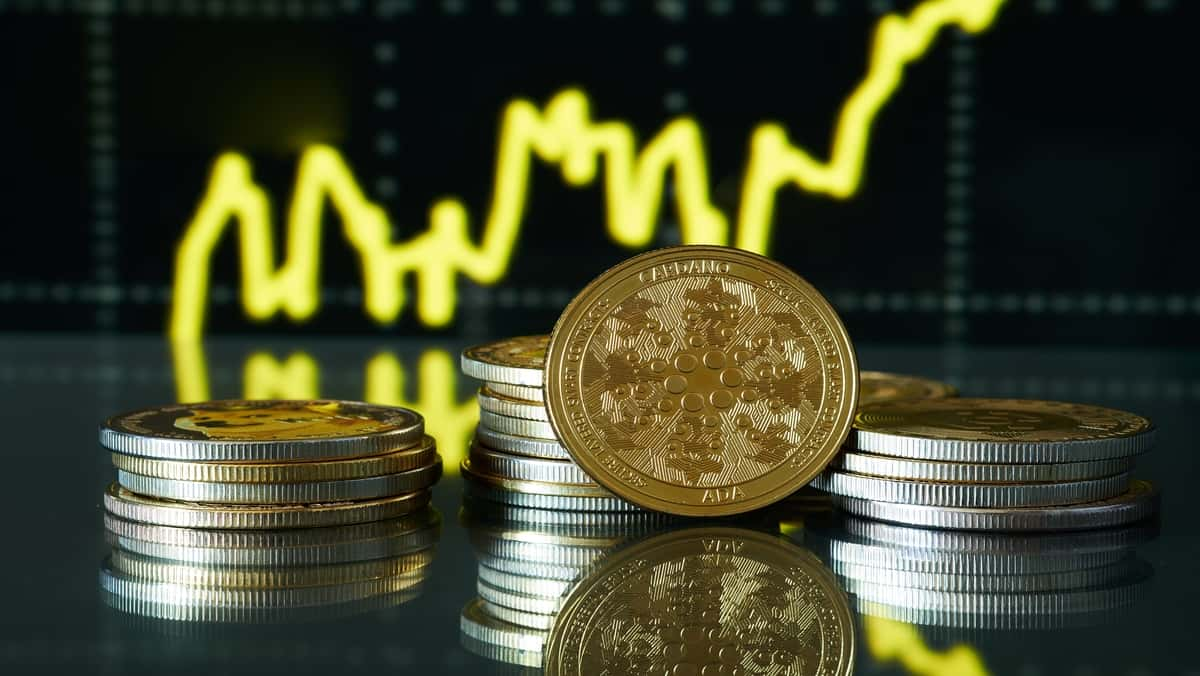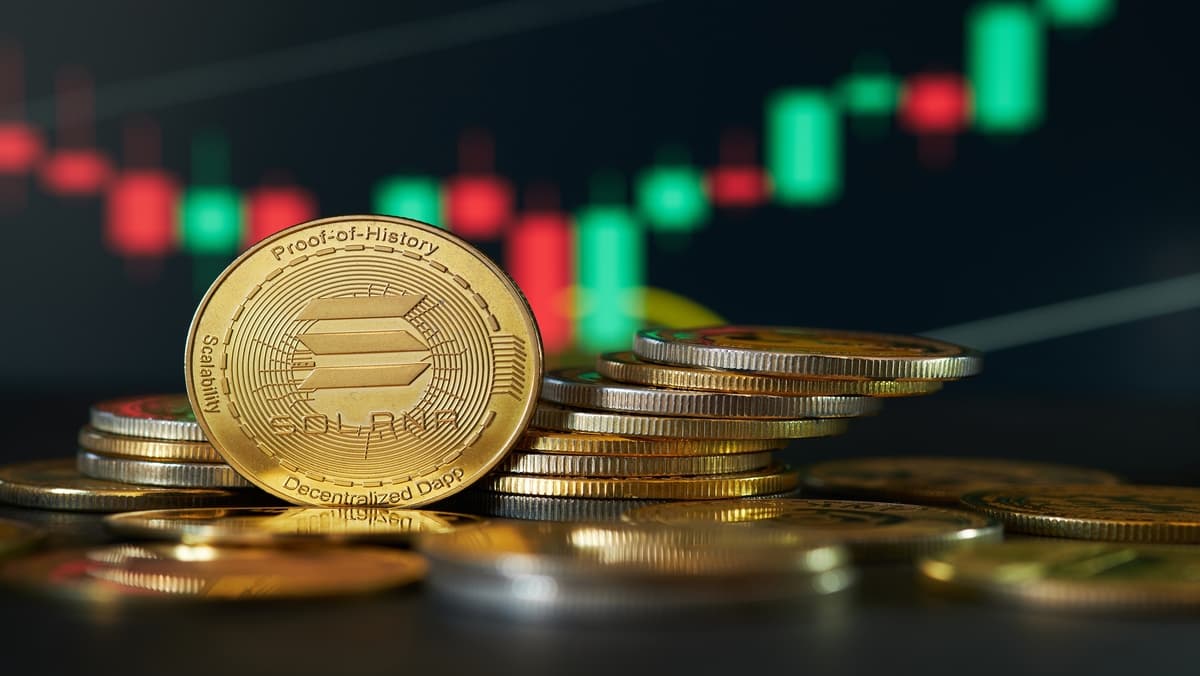Goldman Sachs interest rate strategists highlight an unusually expensive valuation of 5-year US Treasury bonds, driven by market expectations of Fed rate cuts. The report discusses the factors influencing this valuation and its future prospects.
OpenAI partners with the US Federal Government to provide AI models at a symbolic price, marking a significant step towards integrating AI into government operations.
UBS suggests a confluence of factors, including weak employment data and concerns over the independence of US institutions, could pressure the US dollar and Treasury bonds.

TSLA Stock News: Tesla Inc. (TSLA) has long been a focal point of interest among investors, market analysts, and enthusiasts alike.

Cardano price prediction: Cardano has emerged as a prominent player in the cryptocurrency landscape since its inception.

Leverage and margin are fundamental concepts in CFD trading, essential for navigating the dynamic landscape of the markets.
Hong Kong faces challenges in maintaining its currency stability due to outflows and low rates. The HKMA has been forced into repeated market interventions.

CFD Trading Basics: Contract for Difference (CFD) trading has gained popularity among retail traders due to its accessibility and the potential for high returns.

SOL Price Prediction: Solana has gained significant attention in the cryptocurrency space due to its high-speed transactions and low fees.

AI Stocks Analysis: the rise of artificial intelligence (AI) has transformed various sectors, leading to increased interest in companies that leverage this technology.

CRSP Stock Price Down 4.1%: CRISPR Therapeutics, a leading gene-editing company, has recently seen its stock price drop by 4.1%.

Nebius Group, a technology company focusing on innovative solutions in the digital landscape, has recently seen its stock, NBIS, trading 1.5% higher.

A series of key economic data releases and central bank decisions is scheduled for 12 August 2025. At 0430 GMT, the Reserve Bank of Australia (RBA) is expected to cut its interest rate from 3.85% to 3.60%
Rising continuing jobless claims in the US suggest a potential weakening of the labor market. This analysis provides a detailed look at the data and its economic impact.
News of a prospective meeting between Presidents Trump and Putin spurred investors to buy assets likely to benefit from a Ukrainian peace deal, though skepticism remains about the potential for real progress.

CFD Trading for Beginners: For beginners in CFD trading, choosing the right trading platform is crucial. Two of the most popular platforms in the trading community are MetaTrader 4 (MT4) and MetaTrader 5 (MT5).

Forex CFD Trading Basics: Forex trading is one of the most dynamic financial markets, attracting participants from all over the globe.

Forex CFDs Overview: Forex trading has become increasingly popular among traders worldwide, and one of the key instruments in this market is the Contract for Difference (CFD).